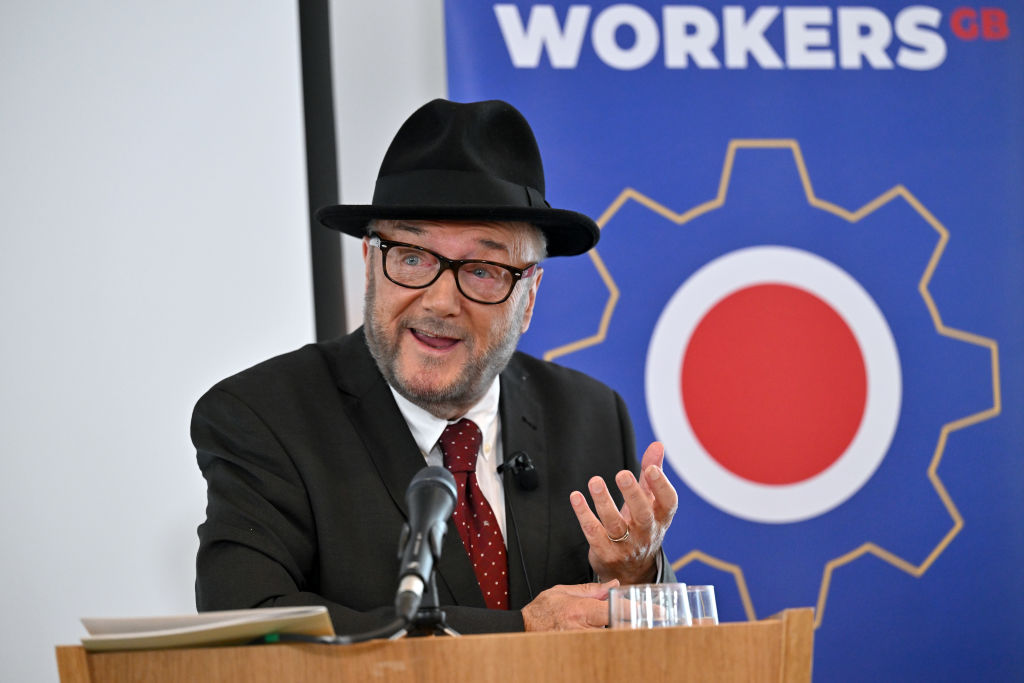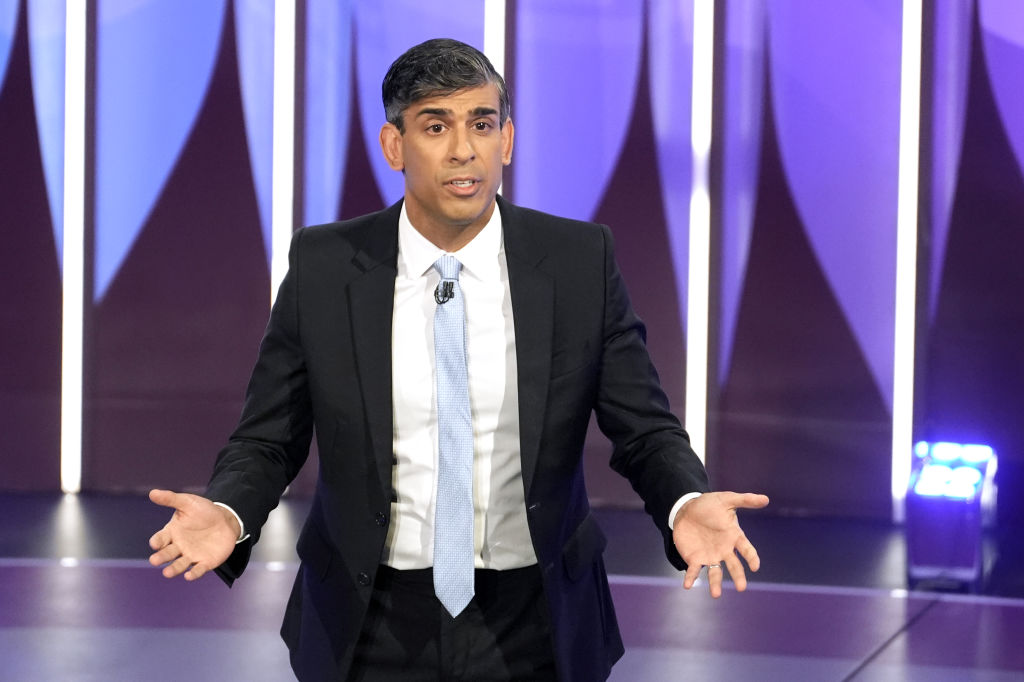- Labour won a landslide victory – on a historically low share of the vote. Starmer’s party won 411 seats, out of 650, on just under 34 per cent of the vote. Such are the peculiarities of a reduced turnout and, more importantly, the British first-past-the-post electoral system when one side of the political spectrum is divided. Labour in fact got fewer votes in 2024 (9.7 million), than it did under Jeremy Corbyn in either its 2017 loss (12.9 million) or its cataclysmic defeat in 2019 (10.3 million). Such are the peculiarities of the British first-past-the-post electoral system when one side of the political spectrum is divided. (It is no reason to reject the British electoral system, but that is an argument for another day).
- The Conservatives should take little comfort from the shallowness of Labour’s victory. The Tories are down to 121 seats, losing 251 MPs – the worst defeat in the history of the modern party. There is clearly little or no public enthusiasm for Starmer’s Labour. But the result is a decisive rejection of the Conservatives’ record. The party talked tough on immigration whilst presiding over an explosion in numbers. It also succeeded in trashing its reputation for economic confidence. As a result, British voters decided to inflict a punishment beating on the party.
- The British Right needs to find a way of reuniting. Without doing so they are doomed to opposition. The split between a Nigel Farage-led party (first Ukip, then Brexit, now Reform) and the Conservatives comes at a heavy price. Reform’s vote share was 14 per cent, over 4.1 million votes, but only won 5 seats – their votes were just too broadly spread across the country. What their vote did do was lose the Tories many more seats than they would otherwise have done; they would still have lost but not been totally walloped. The Tory losing margin was less than the Reform vote in over 100 seats. To just add the two parties’ vote share together is simplistic nonsense. All the votes would not have switched from one to the other, but it certainly lost the party dozens of extra seats.
- Post-Brexit, the Faragist/Conservative split is about personalities, not policies. Yes, Farage supporters are appalled at the Tory government’s failures on immigration, but so are most Tory members, indeed even many MPs. Pre-Brexit, when the Tory leadership supported EU membership, there was a clear ideological wedge. Now that all Conservatives at least publicly espouse the Brexiteer cause, that is much less true today. But personality driven divides are no easier to heal.
- The polls got it wrong. Pre-election polls showed that Labour enjoyed a 20 percentage point lead over the Tories. In fact the lead turned out to be a ten point lead. This won’t receive the attention it deserves – after all they predicted a landslide Labour victory, and that is precisely what happened. But if the pollsters don’t do better, in future elections, which are much tighter, they will predict the wrong result and end with egg on their face.
- The Tories may have come up with a winning, or at least loss ameliorating, trick towards the end of the campaign. The Conservatives did something very peculiar for a government towards the end of an election campaign. Minister after minister basically stated they were heading for defeat, but Labour needed to be deprived of a “super majority.” In constitutional terms, talk of “super majorities” is nonsense in the UK. No legislation needs special majorities to be passed. Winning by two is as good as winning by 172, Labour’s actual majority. But the tactic may have worked to some extent. It may have meant that some people returned to the Tories on the basis that they would be punished enough and others did not turn out to vote, as the government was going to change anyway. But it may have made the difference between winning 121 seats, as they did, and 81 seats, as many of their MPs feared.
- A separatist, Islamic politics has emerged in Britain. Reform’s challenge to the Tories received millions of column inches in every British newspaper and hours of coverage on the BBC. The challenge to Labour in heavily Muslim seats by George Galloway’s Workers Party and independents standing on a “solidarity with Gaza” platform got much less attention. (I did write about it for Brussels Signal…) Sadly, my prediction proved to be well founded. Whilst Galloway lost his seat, to widespread astonishment, four such Muslim independents won seats from Labour, even defeating a member of the Labour shadow cabinet. Another 3 came very close to pulling off similar coups. If one includes the re-elected Jeremy Corbyn in this group of MPs (his constituency is less Muslim and his message against Starmer’s Labour was wider, but still very Gaza focussed), their group is as large as that of Reform in the new House of Commons. It remains to be seen if this phenomenon will be repeated in future elections when the Gaza conflict will be less prominent. If it is, then the emergence of separatist Islamist-hued politics in the UK is surely the most depressing, and potentially far-reaching, outcome of this long election.
The UK general election: Seven essential takeaways from Labour’s shallow landslide to political Islam’s breakthrough
If Keir Starmer stops to count his vote, he ought to be worried (Photo by Leon Neal/Getty Images)






Brexit is the dog that hasn’t barked in UK’s general election